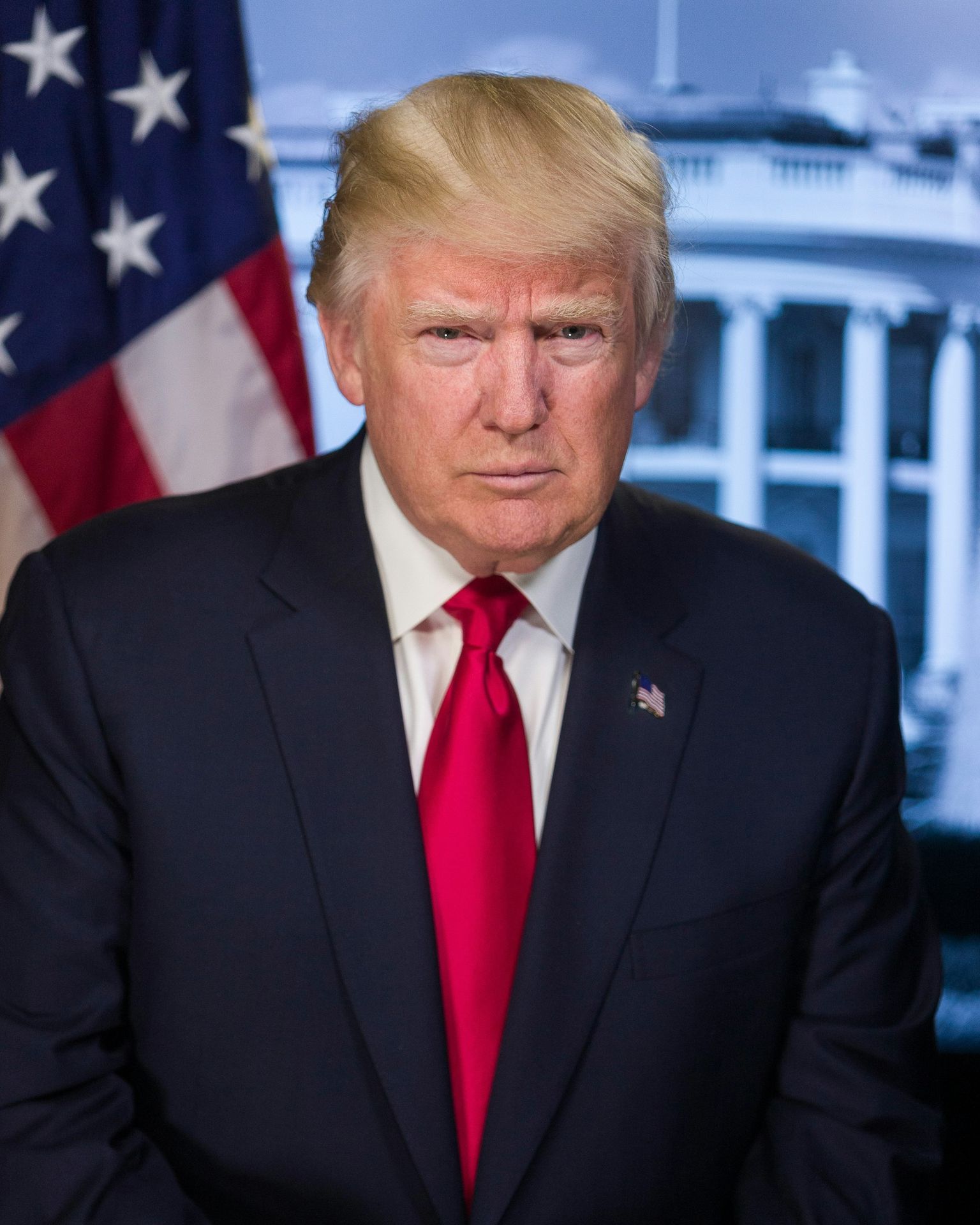In an unprecedented legal verdict, Donald Trump has become the first former U.S. president to be convicted of felony crimes. A New York jury found him guilty on all 34 counts of falsifying business records, a decision that has sent shockwaves through the political landscape. The charges stem from a scheme to influence the 2016 election through hush money payments to Stormy Daniels, a porn actor who alleged a sexual encounter with Trump. This article delves into the ramifications of this verdict, the broader implications of what some are calling "fake justice," and how this verdict resonates within the Black community, which already harbors a deep distrust of the American judicial system.
The Verdict and Its Immediate Impact
After 9.5 hours of deliberation, the jury's decision was clear: Trump was guilty on all counts. The former president, who maintained a stone-faced demeanor during the reading of the verdict, now faces potential prison time, with sentencing set for July 11. The charges carry a maximum sentence of four years in prison, although it remains uncertain whether the judge will impose this punishment. Trump's legal team is expected to file appeals, complicating his path back to the campaign trail as a convicted felon.

A New Legal Precedent
This verdict marks a significant moment in American legal history. Never before has a former president been convicted of a felony. The case highlights the judicial system's ability to hold even the most powerful individuals accountable. However, it also underscores the contentious nature of such proceedings, as Trump and his supporters have consistently decried the trial as a politically motivated attack.
Implications for the 2024 Election
As Trump seeks a return to the White House, this conviction adds a new layer of complexity to his campaign. The verdict may further polarize an already divided electorate. For many Trump supporters, this will reinforce their belief that he is a victim of a biased legal system. Conversely, opponents will likely view this as confirmation of his unfitness for office.
The Charges and Their Significance
The charges against Trump revolve around falsifying business records to hide $130,000 in hush money payments to Stormy Daniels. Prosecutors argued that these payments were an unlawful attempt to influence the 2016 election. The trial featured testimony from Michael Cohen, Trump's former lawyer, who provided a detailed account of the scheme. Cohen's testimony was pivotal, offering a direct link between Trump and the charges.

The Black Community's Perspective
For many in the Black community, Trump's conviction is viewed through the lens of a long-standing distrust of the American judicial system. Historically, Black Americans have faced systemic injustices, from wrongful convictions to harsher sentencing. The notion of "fake justice" resonates deeply, as the Black community has frequently seen justice manipulated or denied. This case, while unique due to Trump's status, echoes the broader struggle against a system perceived as inherently biased and discriminatory.
The skepticism within the Black community is not just about Trump's guilt or innocence but about the consistency and fairness of the legal system. Many question whether justice is truly served or if it is selectively applied based on one's status and influence. The perception that Trump, a wealthy and powerful individual, could navigate his legal troubles differently than an average Black American highlights the disparities in the system.
Broader Implications of "Fake Justice"
The concept of "fake justice" has been a recurring theme throughout Trump's legal battles. His claims that the judicial system is weaponized against him resonate with a significant portion of the American public. This narrative, whether grounded in reality or not, has the potential to erode trust in the legal system. When high-profile cases are perceived as politically motivated, it undermines the principle of impartial justice. For the Black community, this perception is not new but rather a reinforcement of lived experiences.
Historical Context and Future Outlook
Trump's conviction comes amidst three other felony indictments, making the New York case particularly noteworthy. The other cases, which involve allegations of subverting American democracy and mishandling national security secrets, are likely to drag on beyond the 2024 election. This makes the New York verdict a crucial test of both Trump's legal strategy and the public's reaction to his ongoing legal troubles.
Conclusion
The conviction of Donald Trump on felony charges represents a landmark moment in U.S. history. As the nation grapples with the implications of this verdict, the debate over the fairness and impartiality of the judicial system will continue to rage. Whether viewed as a triumph of justice or an example of political persecution, this case will undoubtedly shape the narrative of the upcoming election and beyond. For the Black community, this verdict serves as a reminder of the systemic issues that persist within the judicial system, reinforcing the need for ongoing vigilance and reform. As Trump and his supporters prepare to challenge what they perceive as a profound injustice, the broader fight for true equality and impartiality in the American justice system continues.
